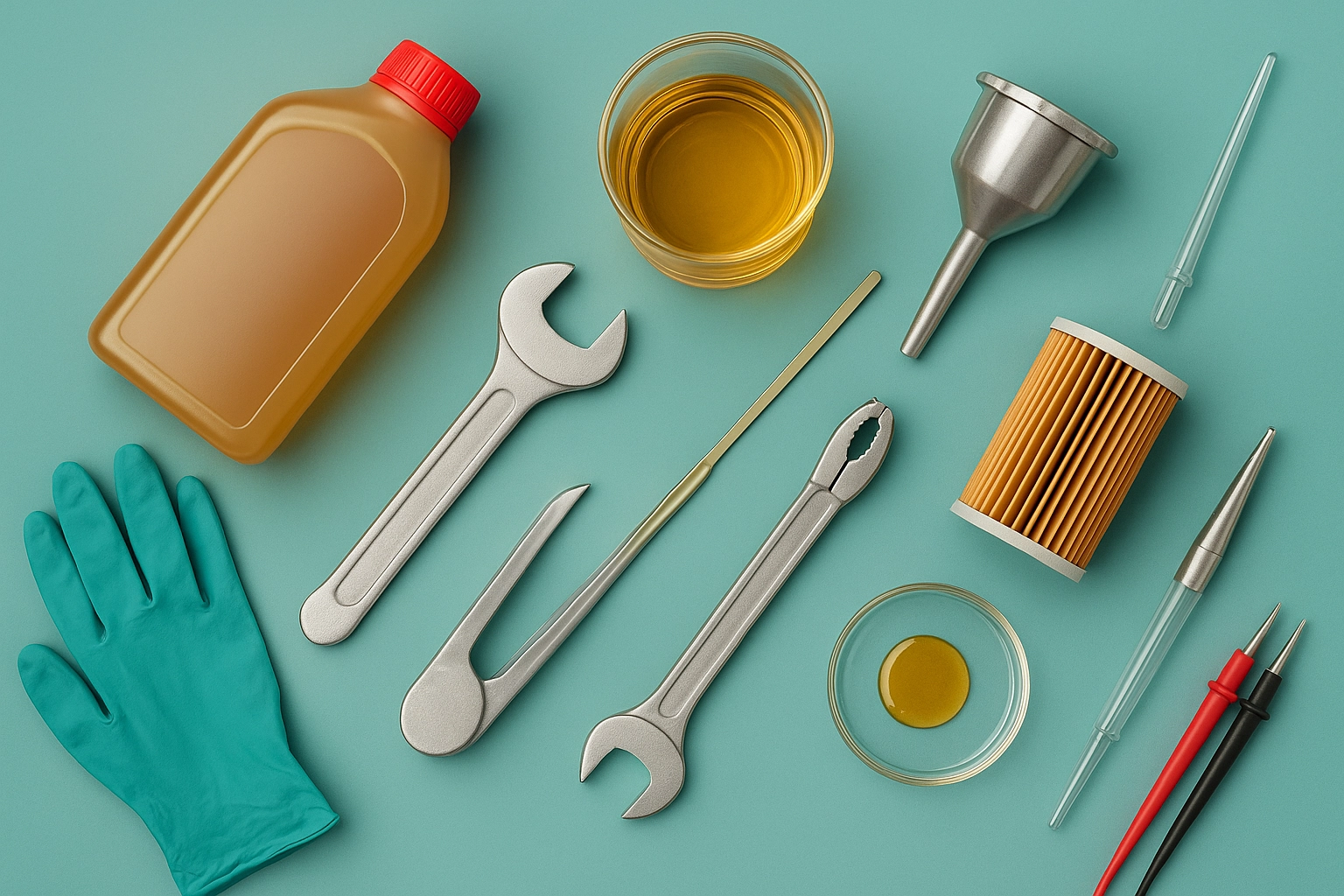SAE J183 Engine Oil Classification Testing
The SAE J183 Engine Oil Classification Testing is a critical service provided by Eurolab to ensure that engine oils meet the stringent requirements set forth in this international standard. This testing ensures compatibility with modern engines and helps manufacturers, quality managers, compliance officers, R&D engineers, and procurement teams maintain product integrity and performance.
SAE J183 is an internationally recognized standard designed to classify motor oils based on their performance characteristics under specific conditions that simulate real-world engine operations. This classification is crucial for ensuring that the oil can effectively lubricate the internal components of engines while minimizing wear, improving fuel efficiency, and reducing emissions.
The testing process involves subjecting samples of engine oils to a series of rigorous tests designed to evaluate their performance in various operational scenarios. These tests include but are not limited to viscosity measurements at different temperatures, oxidative stability, thermal and shear stability, and resistance to foaming under high pressure.
During the test, oil samples are exposed to conditions that simulate the stresses encountered during engine operation. This includes exposure to high heat, prolonged periods of high-pressure shearing, and the presence of contaminants such as water and soot particles. The tests are conducted in accordance with SAE J183 to ensure consistent and reliable results.
The results of these tests provide a comprehensive understanding of the oil's performance characteristics under simulated engine conditions. This data is essential for quality managers and R&D engineers to make informed decisions regarding product development, compliance checks, and procurement strategies. The testing process also helps in ensuring that oils meet or exceed the specifications outlined by SAE J183.
Eurolab’s expertise in this field ensures that our clients receive accurate and reliable results. Our state-of-the-art facilities and experienced technicians guarantee that each test is conducted under controlled conditions, leading to consistent and repeatable results. This level of precision is critical for maintaining the integrity of engine oil performance across various applications.
The SAE J183 classification is particularly important in today’s automotive industry, where there is a growing emphasis on fuel efficiency and environmental sustainability. By ensuring that engine oils meet these stringent standards, Eurolab helps manufacturers contribute to these goals while also improving the overall quality of their products.
Industry Applications
The SAE J183 Engine Oil Classification Testing is widely used across various industries where engine performance and longevity are critical. This includes automotive manufacturing, heavy-duty trucking, marine engines, and agricultural machinery. In each of these sectors, the testing ensures that the oils used in the engines meet the highest standards for performance, reliability, and environmental compliance.
Automotive manufacturers rely on SAE J183 testing to ensure that their engine oils are compatible with the latest engine designs and technologies. This compatibility is crucial for maintaining optimal engine performance and extending the life of the vehicle. Heavy-duty trucking companies use this testing to select oils that can withstand the extreme conditions encountered in long-haul operations, ensuring lower maintenance costs and improved fuel efficiency.
In marine applications, SAE J183 testing ensures that engine oils can operate under harsh environmental conditions, including saltwater exposure and high-pressure systems. This is particularly important for maintaining the integrity of marine engines and reducing downtime. Agricultural machinery companies also benefit from this testing by ensuring that their equipment operates reliably in demanding environments.
The results of SAE J183 testing are essential for compliance with various regulations and standards. This ensures that manufacturers and operators can meet environmental and safety requirements while maintaining the highest levels of performance and reliability.
Eurolab Advantages
At Eurolab, our commitment to excellence in SAE J183 Engine Oil Classification Testing sets us apart from other laboratories. Our state-of-the-art facilities are equipped with the latest testing equipment and software, ensuring that we can deliver accurate and reliable results consistently.
Our experienced technicians have a deep understanding of engine oil performance characteristics and the requirements set by SAE J183. This allows us to provide expert advice and support throughout the testing process, helping clients make informed decisions about their product development and compliance strategies.
We pride ourselves on our ability to offer flexibility in testing schedules and turnaround times to accommodate our clients’ needs. Whether you require a single test or an ongoing service, we can tailor our services to meet your specific requirements. Our commitment to quality is reflected in the precision and accuracy of our results, which are critical for maintaining product integrity and performance.
In addition to our technical expertise, Eurolab offers competitive pricing and exceptional customer service. We understand that every business has unique needs, and we work closely with clients to ensure that they receive the best possible value from our services.
Environmental and Sustainability Contributions
The SAE J183 Engine Oil Classification Testing plays a crucial role in promoting environmental sustainability by ensuring that engine oils meet stringent performance standards. By selecting oils that can operate efficiently under various conditions, manufacturers contribute to reducing emissions and improving fuel efficiency. This not only benefits the environment but also helps companies comply with increasingly stringent environmental regulations.
Through our testing services, Eurolab supports businesses in their efforts to reduce their carbon footprint by ensuring that they are using engine oils that meet the highest standards for performance and reliability. This contributes to a more sustainable future while maintaining product integrity and quality.
The SAE J183 Engine Oil Classification Testing is an important tool for manufacturers, quality managers, compliance officers, R&D engineers, and procurement teams in their ongoing efforts to improve engine performance, reduce emissions, and enhance fuel efficiency. By ensuring that the oils used are compatible with modern engines and meet strict standards, we help contribute to a more sustainable automotive industry.





